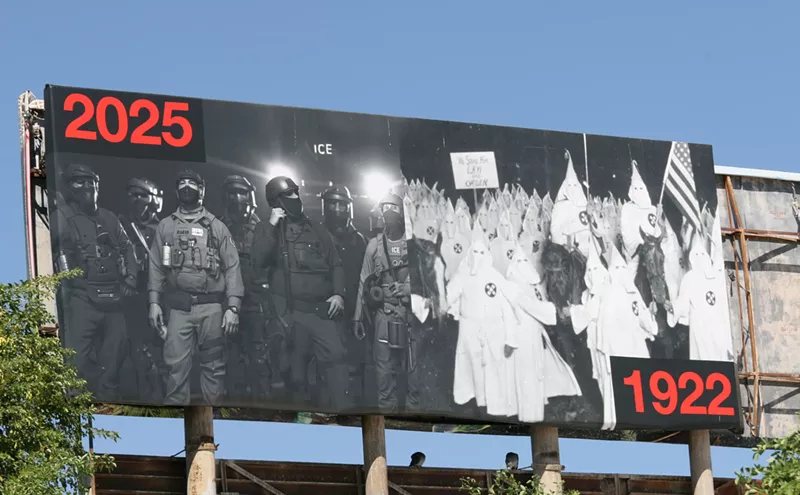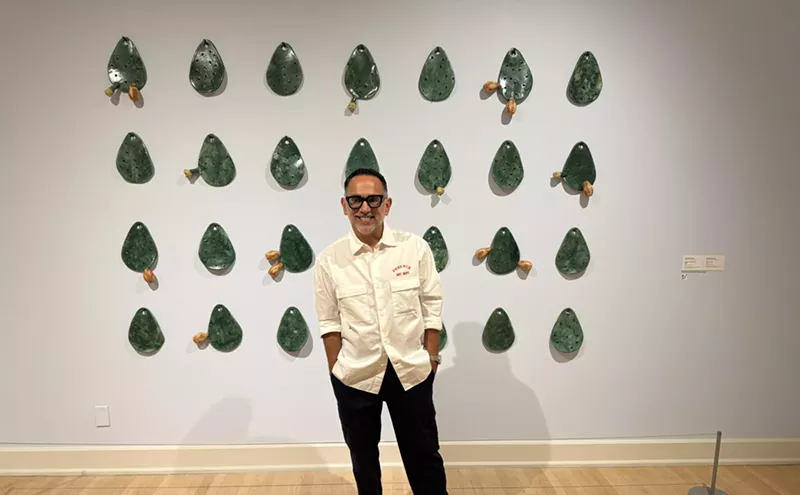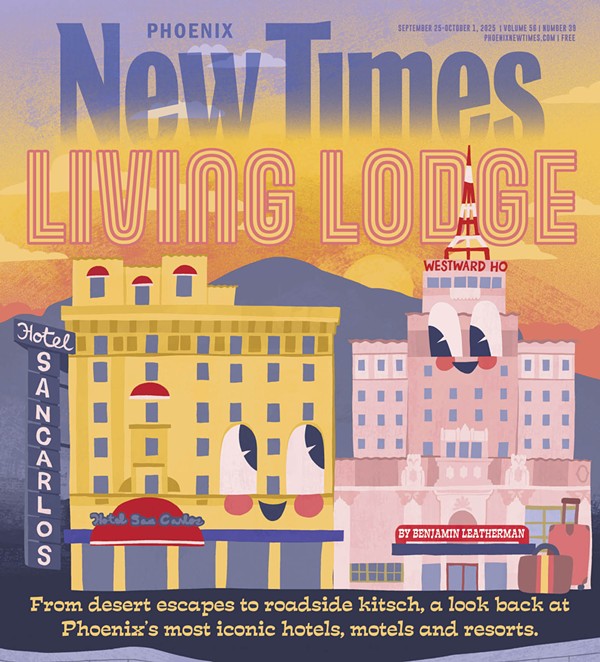It is the summer of 1988, at the Pavillion Theatre in Glasgow, Scotland. Elvis Costello is playing a solo show to promote his latest album, Spike. As soon as he walks onstage, members of the audience begin yelling for "Tramp the Dirt Down," a song from the album.
"Later," Costello tells them, laughing.
It is his last song of the night. It is the most vitriolic song he has written, perhaps the most vitriolic song anyone has written. It calls for the death of Margaret Thatcher, and prays that her death will come soon. As he sings it, everyone in the theater stands up and sings along with him.
This is a typical example of the unique way in which Thatcher united the British people during her reign as prime minister. Costello didn't get his wish. Twelve years later, Thatcher is still alive. And she's coming to the Valley.
Her story is not well-known, but it is one that would work well if presented as a pulp novel. She is not the common or garden-variety amoral politician, merely shifty and self-serving; she is a comic-book villain, with a shameless dishonesty, imperious arrogance, and megalomaniacal cruelty that is quite breathtaking. When she first came to political prominence in the British Conservative Party of the mid-'70s, it seemed as though Cruella de Vil had decided to run for office.
The daughter of a small shop owner from a small town in Lincolnshire, Margaret Thatcher was that most peculiar of political creatures -- the working-class Uncle Tom, the child of the petit bourgeois who aspires to grandeur. She joined the Tories and fought her way through the old boys' network to become leader of the party.
When you look at her now, you see little resemblance to the Thatcher who appeared in the '70s. Back then, she was a favorite target of comedians and impersonators, a shrieking harridan in frumpish clothes with a hairstyle that looked like she'd cut it herself. She was considered a joke even by many of her fellow far-right Tories, who agreed with the message but found the bearer nightmarish. Labor Party wags dubbed her "the only man in the Tories."
Then came the makeover. She got a voice coach who taught her to slow down her speech, to stop screeching and to make her body language less violent. She got a stylist to design a new look for her -- a softer, more flattering hairstyle, subtle use of makeup, elegant suits. And, by 1979, her time had come.
Since the '70s, the British economy has been in a depression so severe and so chronic that it is difficult for Americans to imagine it. In Britain, there are many people in middle age who have never had a job -- not because of an unwillingness to work, but because the work just wasn't there. Even though the economy is now doing better than it has in 30 years, it would still be seen by Americans as being in recession.
Back in 1979, people had no idea how long it was going to last, and they wanted a solution. No such solution was going to be provided by the Labor prime minister, James Callaghan, an insipid fool who didn't seem to understand that there was a problem, let alone propose any answers.
Thatcher ran against him, and she offered answers. Or at least she seemed to. She didn't actually say how she was going to get the country out of crisis, but she loudly declared that she was going to do it. She spoke in slogans -- "Labor Isn't Working" -- and talked about "breaking out of our national culture of dependency." She blamed the poor and the unemployed for their own straits, calling them "moaning Minnies." But she never suggested what they could do about their predicament.
The electorate made her the first-ever female prime minister. She got the women's vote, then did nothing for women. What she did was rapidly establish herself as the most right-wing British premier of all time. She idolized Ronald Reagan, and openly admitted that she wanted to model Britain on Reagan's vision of America.
In 1984, the British miners were on strike. Thatcher announced that she was going to smash the unions at any cost. And she did. By that time, she could do what she wanted -- when the public had gotten wise to her and were ready to kick her out of office, she decided to reinvent herself as a war leader. Trouble was, there wasn't a war. So she started one, declaring war on Argentina over ownership of the Falkland Islands, an insignificant smudge of land that nobody had cared about before. When she asked the BBC to refer to the Argentines as "the enemy" -- its standard practice during wartime -- the BBC refused.
In 1990, she was finally forced out of office, and replaced by John Major, a traditional, mainstream Tory who would eventually lose an election to the Labor Party's Tony Blair. But the country has still not recovered from Thatcher's ravages, or -- as her supporters might have it -- the miraculous changes that she brought about in the national psyche.
Lady Margaret Thatcher speaks at 7:30 p.m. Tuesday, February 1, at Wells Fargo Arena, directly east of Sun Devil Stadium on Stadium Drive in Tempe, as part of the "Unique Lives and Experiences" series. For ticket information, call 480-965-3434.
Contact Barry Graham at his online address: [email protected]










